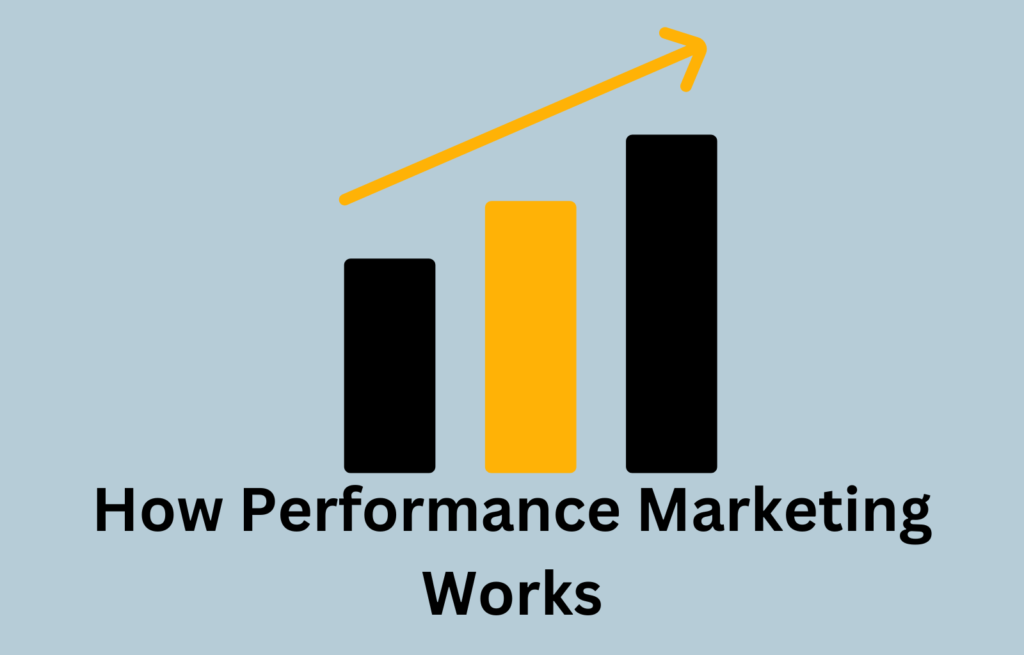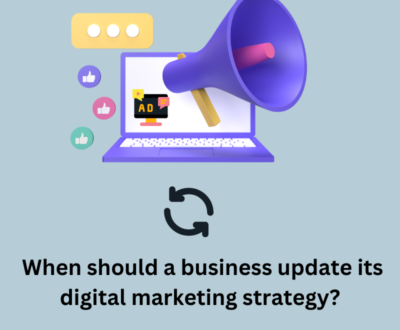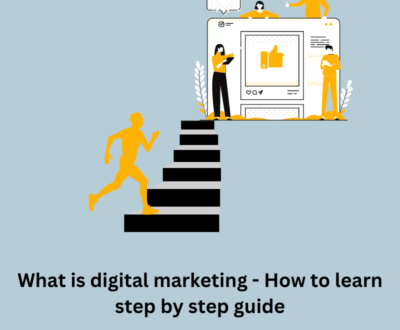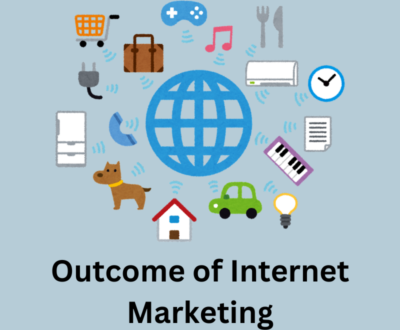
Understanding Performance Marketing: How It Works and Why It Matters
In a world where digital advertising is all over, performance marketing has emerged as a powerful strategy for businesses aiming to maximize their marketing ROI. Unlike traditional marketing methods that focus on brand awareness and general visibility, performance marketing centers around measurable results. In this blog post, we’ll explore how performance marketing works, its key components, and why it’s essential for today’s businesses.
What is Performance Marketing?
Performance marketing is a digital marketing strategy that allows advertisers to pay only for specific actions, such as clicks, leads, or sales. This results-driven approach emphasizes accountability, ensuring that every dollar spent directly contributes to achieving defined business goals.
How Performance Marketing Works
- Setting Clear Objectives The first step in performance marketing is defining clear and measurable objectives. Whether your goal is to increase sales, generate leads, or drive website traffic, having specific targets guides your entire strategy.
- Choosing the Right Channels Selecting the appropriate channels is crucial for reaching your target audience effectively. Common channels include:
- Search Engine Marketing (SEM): Using paid ads on search engines to appear at the top of search results.
- Social Media Advertising: Running targeted ads on platforms like Facebook, Instagram, and LinkedIn to engage potential customers.
- Affiliate Marketing: Partnering with affiliates who promote your products in exchange for a commission on sales.
- Email Marketing: Sending personalized emails to nurture leads and drive conversions.
- Implementing Tracking Mechanisms To gauge the effectiveness of your campaigns, implement tracking tools such as Google Analytics and conversion pixels. These tools help monitor user interactions and provide insights into how visitors engage with your ads and website.
- Targeting and Segmentation Utilize data to create audience segments based on demographics, interests, and behaviors. This targeted approach allows for personalized messaging, which can significantly enhance engagement and conversion rates.
- Launching Campaigns With your objectives set and audience targeted, it’s time to launch your campaigns. This involves creating compelling ad creatives, setting budgets, and deploying ads across your chosen channels.
- Measuring Performance Regularly assess campaign performance using key metrics like click-through rates (CTR), conversion rates, and return on ad spend (ROAS). These metrics help you understand which aspects of your campaign are working and which need adjustment.
- Continuous Optimization One of the biggest advantages of performance marketing is the ability to optimize campaigns in real time. Use the insights gathered from performance metrics to make data-driven adjustments, whether it’s reallocating budget, refining targeting, or testing new creatives through A/B testing.
- Payment Based on Results Performance marketing typically operates on a pay-for-performance basis, where advertisers pay for specific actions. Common payment models include:
- Cost Per Click (CPC): Paying for each click on an ad.
- Cost Per Lead (CPL): Paying for each qualified lead generated.
- Cost Per Acquisition (CPA): Paying for each conversion or sale completed.
- Learning and Iterating After campaigns conclude, analyze the data to derive actionable insights. Understanding what worked and what didn’t allows you to refine future strategies, creating a cycle of continuous improvement.
Why Performance Marketing Matters
- Accountability: Performance marketing ties costs directly to results, providing transparency and accountability.
- Cost Efficiency: By focusing on measurable outcomes, businesses can optimize their budgets and reduce wasted spending.
- Flexibility: The digital landscape is dynamic, and performance marketing allows for quick adjustments based on real-time data.
- Increased ROI: With a focus on results, performance marketing can lead to higher returns on advertising spend, ultimately driving growth.
Conclusion
Performance marketing is not just a trend; it’s a transformative approach to digital advertising that prioritizes measurable results and efficiency. By leveraging data-driven insights and continuously optimizing campaigns, businesses can achieve their marketing goals more effectively. As the digital landscape continues to evolve, embracing performance marketing can be the key to staying competitive and driving sustainable growth. If you haven’t yet adopted this strategy, now is the time to start reaping the benefits.
About us and this blog
We are a digital marketing company with a focus on helping our customers achieve great results across several key areas.
Enquire Now
Request a free quote
We offer professional SEO services that help websites increase their organic search score drastically in order to compete for the highest rankings even when it comes to highly competitive keywords.








